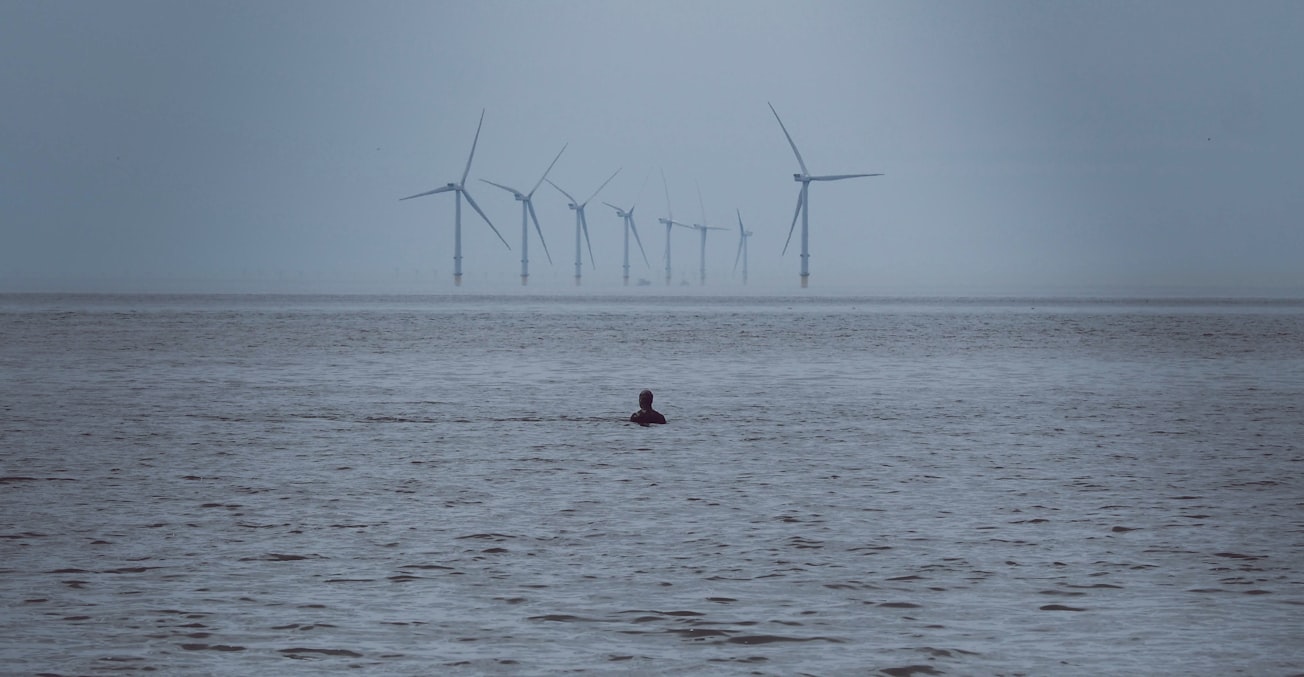What is it about?
Horizon scanning and energy technology assessments (ETAs) of the energy technologies that influence the three UK transition pathways are employed to provide an understanding the future interplay of the energy policy trilemma, i.e., achieving deep GHG emission cuts, whilst maintaining a secure and affordable energy system, and addressing how resulting tensions might be resolved. Indicative ETAs are used to identify the components of a balance sheet of technological credits and debits to evaluate their societal impacts, and to determine whether they will enhance Britain's move towards a low carbon dioxide (‘low-carbon’) future in 2050 and beyond. The three pathways (MR, CC and TF) have also been evaluated in terms of their environmental performance using complementary life cycle assessment (LCA) and footprinting methods. The energy analysis and environmental LCAs is reported. Environmental footprint analysis (EFA) has then been employed to estimate the environmental and resource burdens associated with UK power generation based on historic data and the three transition pathways.
Featured Image

Photo by Jack Hunter on Unsplash
Why is it important?
This study stems from research by a large consortium of nine university partners was originally funded via the strategic partnership between e.on UK (the electricity generator) and the UK Engineering and Physical Sciences Research Council (EPSRC) to study the role of electricity within the context of ‘Transition Pathways to a Low Carbon Economy’ (2008-2012), and then renewed with funding solely from the EPSRC under the title ‘Realising Transition Pathways: Whole Systems Analysis for a UK More Electric Low Carbon Energy Future’ (RTP) (2012-2016).] The present research examined the most recent version 2.1 (v2.1) of the pathway narratives: driven by the market, central government intervention, and civil society (e.g., local communities and non-governmental organisations [NGOs]) initiatives. This emphasis on ‘governance’ as a prime mover of market development is a novel feature in terms of energy futures research in Britain. The current ‘socio-technical scenarios’ or transition pathways focus on UK power generation, including the potential for increasing use of low-carbon electricity for heating and transport. The extent to which choices need to be made by UK energy policymakers and stakeholders between the large-scale and small-scale actors, pathways and associated technologies are discussed.
Perspectives
Technological options are evaluated in order to determine the choices that need to be made by UK energy policymakers and stakeholders. Three UK transition pathways have then been appraised in terms of their environmental performance using complementary life-cycle assessment and footprinting methods. Lessons can clearly be drawn for other industrialised nations attempting to decarbonise their electricity generation systems, although local circumstances will determine the country- and region-specific options.
Professor Emeritus Geoffrey P Hammond
University of Bath
Read the Original
This page is a summary of: Socio-technical transitions in UK electricity: part 2 – technologies and sustainability, Proceedings of the Institution of Civil Engineers - Energy, January 2020, ICE Publishing,
DOI: 10.1680/jener.19.00076.
You can read the full text:
Contributors
The following have contributed to this page







